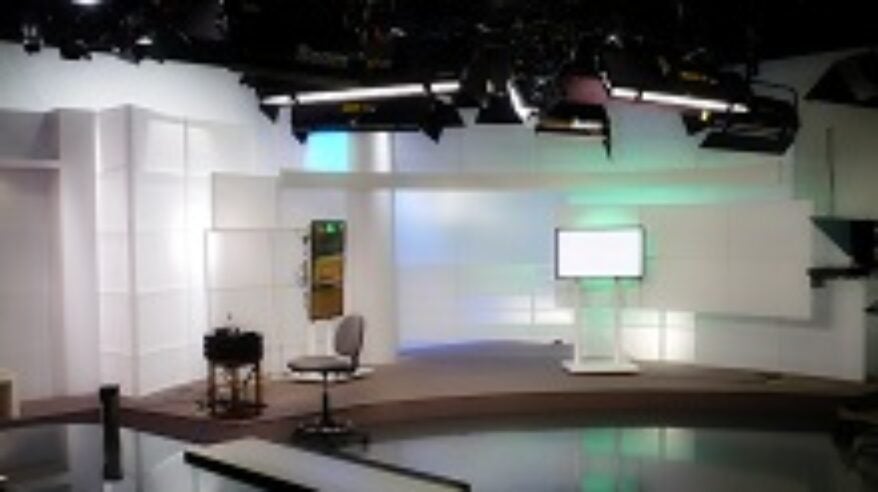Gloomy reading for female TV directors

Directors UK have published a new report entitled ‘Women Directors – Who’s Calling the Shots? Women Directors in British Television Production’.
Released on Thursday 8 May, the document makes for rather gloomy reading in terms of improvement for women in media reaching their full potential.
Directors UK used both their own extensive database of 5,000 film and TV directors as well as a sample of programmes broadcast up until 2012 to reach their findings, starting with the fact that only 30% of directors in film and TV are women.
Facts and figures
Of the Directors UK membership, 27% is female.
There is a certain variation within genres. Drama is poorly represented – just 13% of all drama episodes were directed by women in 2011 and 2012, down from 14% in the total sample. This drops to just 9% when looking at the amount of female directors working on detective/crime serials over the same period, and 0% in the sci-fi/fantasy genre.
In entertainment and comedy, 8% of all shows featured in the survey between 2011-2012 were directed by women, down from 12% in the total sample, with sitcoms showing 18% and game/panel shows just 2%.
The rather higher figure of 32% of all shiny floor shows being directed by women can perhaps be explained by the fact that one female director is responsible for the majority of the showing in this category.
Children’s TV showed a 16% female directorship in the total sample, dropping to 9% in children’s drama and 0% in children’s sci-fi/fantasy.
Factual makes for more robust reading; 50% of all factual programmes in the total sample were directed by women, compared to 69% directed by men. A further 49% of all factual programmes were directed by women in 2011-12 compared to 68% directed by men. And 40% of current affairs output (featured in this report) were directed by women, compared to 66% by men.
 All these figures refer to the percentage of episodes with a female director.
The future
With broadcasters and production companies reportedly equally shocked by the findings, Directors UK has already begun to work with major broadcasters including the BBC, Channel 4 and ITV on a number of major initiatives to try to redress the balance.
The organisation has made several clear recommendations to alter the employment landscape, including more mentoring programmes and workshops plus a commitment to monitoring freelance workers and longer term contracts to women directors. Perhaps the most tangible goal is that Directors UK wishes to see a minimum of 30% of women directors on their total production and commissioning, to be met by 2017.
 Read the full report here, including the stats, key recommendations, implications and ramefications.
Â
Are you a female TV director? Have you experienced difficulties finding work or staying in the business? Let us know by leaving your comments below or via our Facebook page.
Â
Share this Article















